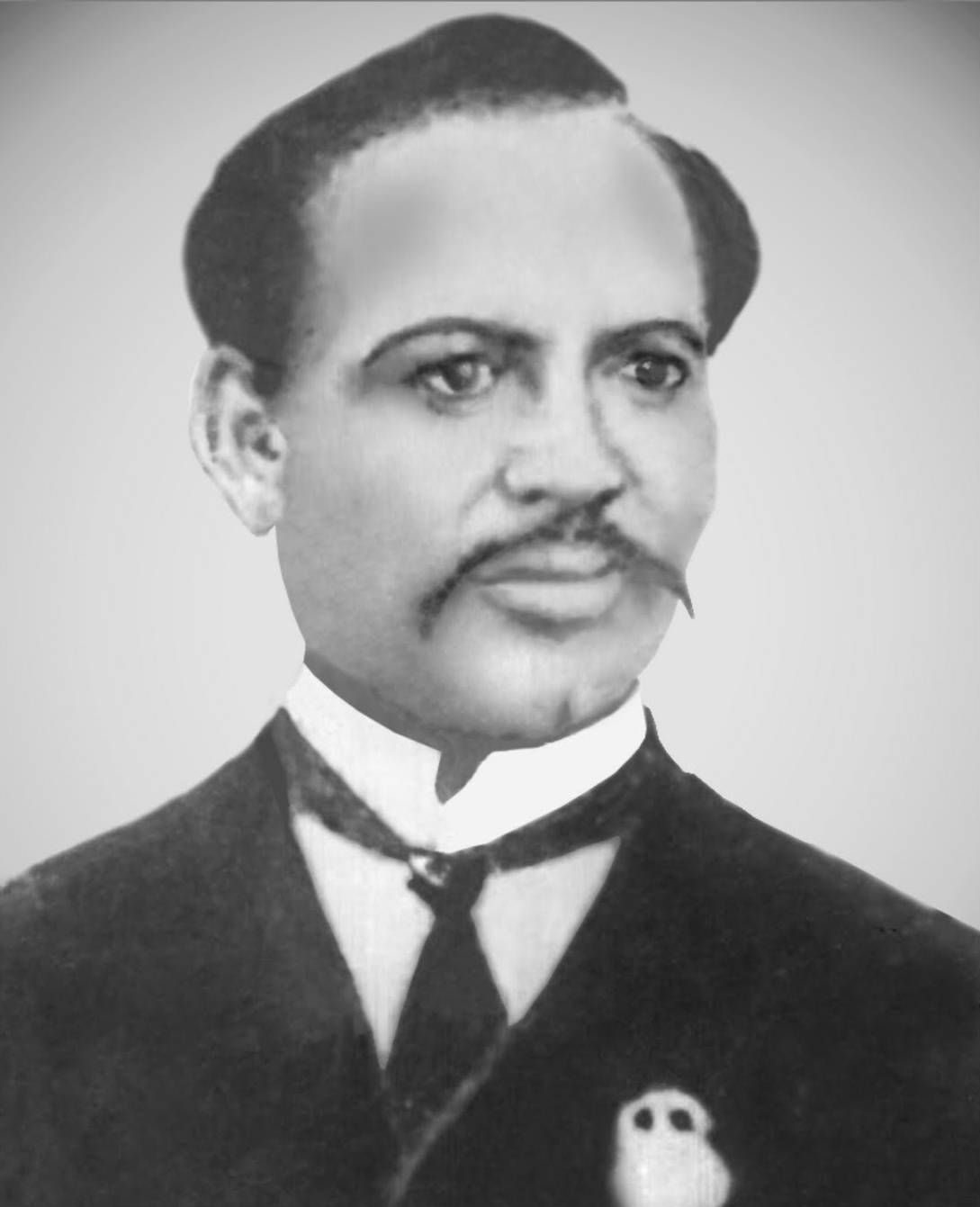|
Italian Bhurgo
''Italian Bhurgo'' () is a Konkani language, Konkani play written and directed by Lucasinho Ribeiro. The play premiered on Easter Sunday, 17 April 1892, at the New Alfred Theatre (now Police Commissioner of Bombay, Police Commissioner's head office) in Bombay, British India. It was the first Konkani play or ''teatro'' (''tiatr'') ever staged. Ribeiro's first play was staged with the assistance of fellow Goans Caitaninho Fernandes, Agostinho Mascarenhas, Pai Tiatrist, João Agostinho Fernandes, and Fransquino Fernandes, collectively known as the Goa Portuguese Dramatic Company. The play was based on an Italian operetta by the Gonzalez Brothers. Production history Lucasinho Ribeiro was a Goan immigrant who resided in Bombay (now Mumbai) during the late 19th or early 20th century. He exhibited a high level of proficiency in the English language, showcased musical prowess by excelling in violin performance, and gained recognition for his abilities as both a composer and singer. His ... [...More Info...] [...Related Items...] OR: [Wikipedia] [Google] [Baidu] |
Lucasinho Ribeiro
Costâncio Lucasinho Caridade Ribeiro (2 January 1863 – 23 January 1928) was a Goan playwright, theatre director, actor, singer, and composer known for staging the first '' teatro Italian Bhurgo'' (Italian Boy) on 17 April 1892 in Bombay. Known as the originator of Konkani '' tiatr'', he also staged the first ''teatro'' at Assagão, Goa on 1 January 1894. Theatrical career Early ''zagor'' and ''khell tiatrs'' During the 19th century, Goa was known for its theatrical performances called '' zagor'' and '' khell''. These musical plays were staged outdoors in various public spaces such as street corners, village centers, and open areas. ''Zagor'' was primarily popular in North Goa, particularly in Bardez, while ''khell'' found its audience in South Goa, particularly in Salcete. Initially, these performances focused on social themes and were free from controversy and negative criticism. However, towards the end of the 19th century, the ''zagor'' form of entertainment gain ... [...More Info...] [...Related Items...] OR: [Wikipedia] [Google] [Baidu] |
